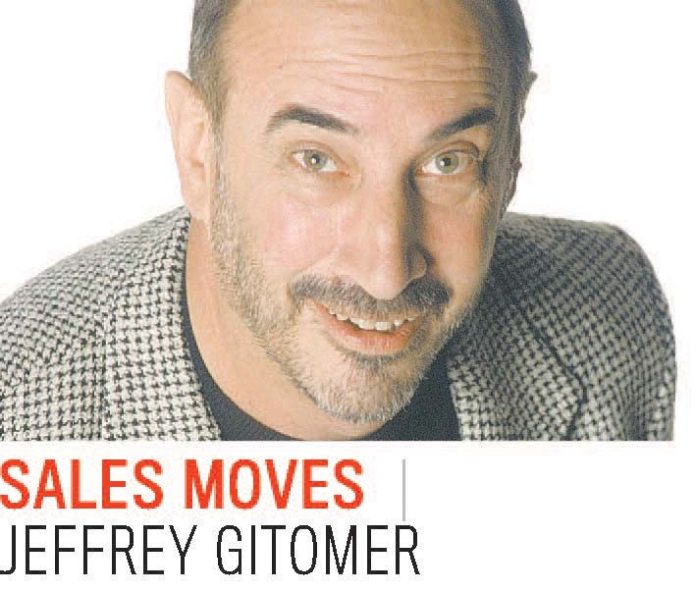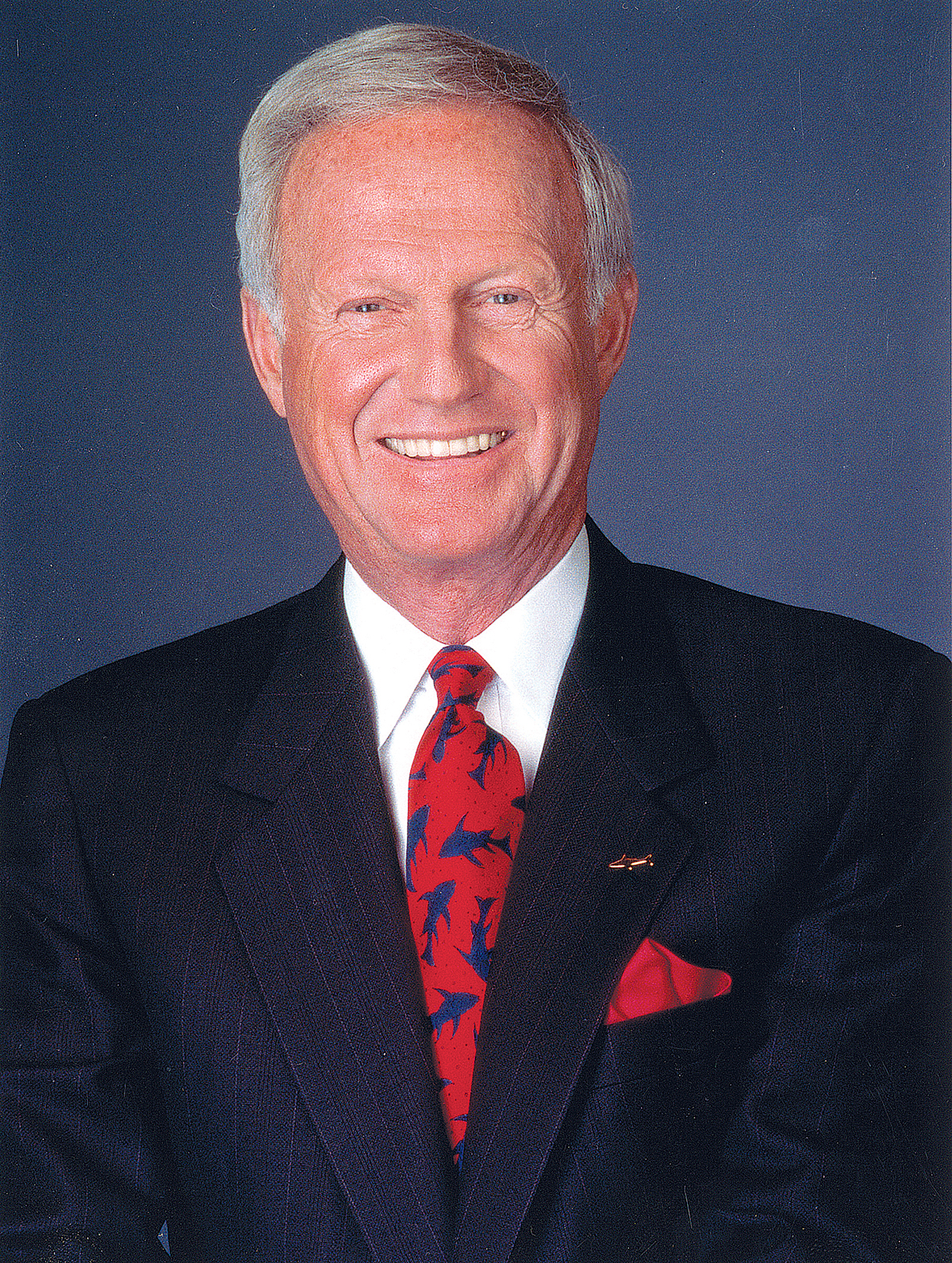I’m against all systems of selling. So are all salespeople.
Oh, sales systems are taught all the time. In fact, almost every salesperson has learned one along the way. I ask every audience I’m in front of, “How many of you have learned some “system of selling?” About two-thirds of the hands go up. “Keep your hand in the air if you use that system every time you go on a sales call.” All hands go down. All.
“Why?” I challenge them. “Too manipulative.” “Round hole, square peg.” “Doesn’t always fit” “Not comfortable using it.” They scream.
Now, it’s not fair for me to mention systems individually by name. The reason I’m against systems of selling is that they’re all manipulative. They’re all “me-based.” Too rigid. And worse, they force the salesperson to think, where-am-I-in-the-system, vs. how am I helping this person in their desire to purchase what I’ve got.
Where’s my perceived value vs. where’s my place in the pitch?
So what is a salesperson to do? Develop a strategy, develop an approach, and develop an ability to engage the other person in a way that gains their interest and you don’t have to worry about systematizing it. A structure, not a system.
Please understand that I’m not saying learning a system is all bad. I’m saying learning a system and trying to follow it on every sales call is wrong. Anything you learn about selling will help you. Either in what to do or what not to do. In all systems there’s always something that you can take away and put into your sales arsenal.
By using a “structure” rather than a “system,” you make the process more flexible to the situation at hand. By structuring it, you put things in order, you develop methodology, you create tools, and then you go about the engagement process in order to create an atmosphere in which people will want to buy from you.
Systems of selling require the salesperson to think: am I following the system? Or worse: where am I in the system? This is particularly horrible when the salesperson is in the middle of the sales presentation. Instead of thinking “how can I help,” they are thinking “am I on step two or step three?” Crazy when you think about it.
Do you have a structure? And if you have one, how flexible is it? The key to your structure is that it has to center around the needs and desires of your potential customer, and focus in on their motive of buying rather than your skill of selling.
If you think about the logical sequential order of a sales structure it would involve making a connection of some kind, making an appointment, getting ready for the sale, engaging the prospect in a way that you gain their interest, proving the value of your offer, coming to some kind of an agreement, delivering what you promise, servicing after the sale, and creating an environment and a relationship all the way through the process that’s so phenomenal, the customer is compelled to buy from you again, refer other people to you, and speak about you positively in the marketplace.
Master those elements, and the world is your commission.
Now that seems pretty simple doesn’t it? Add two words to this formula and you’ll become a billionaire. They’re two words that most salespeople don’t want to hear: HARD WORK.
No ultra-successful salesperson has become ultra-successful without ultra-hard work.
Let me take this process one step higher. The process of approach, strategy and structure is driven by philosophy. Your philosophy will determine your structure. How you think about, feel about, live the practices of your sales life will be reflected in your philosophy.
My philosophy of sales is:
1. I give value first.
2. I help other people.
3. I strive to do my best at what I love to do.
4. I establish long-term relationships with everyone.
5. I have fun, and I do that every day.
Living my philosophy has made me a better salesperson and a better person.
Do you have a philosophy? Do you have a structure? Create both and you set the stage for a quantum leap forward.
If you’d like a copy of my sales philosophy go to www.gitomer.com – register if you’re a first-time user – and enter the word PHILOSOPHY in the GitBit box. •
Jeffrey Gitomer is the author of 12 best-selling books, including “21.5 Unbreakable Laws of Selling.” He can be reached at salesman@gitomer.com.












